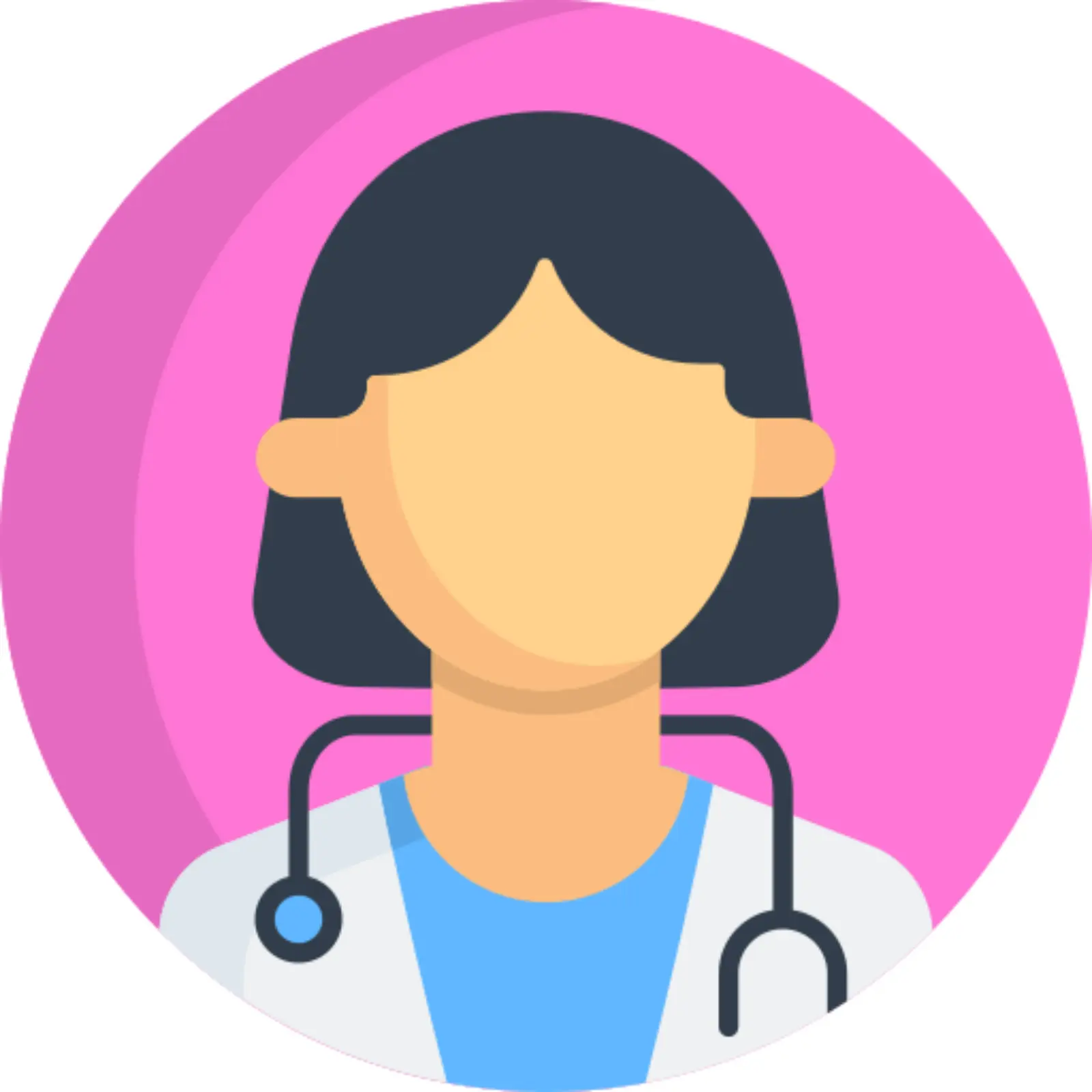Best High Cholesterol Diet Counselling doctors in Hyderabad
Book appointments with minimal wait times and verified doctor information.
Last Updated: 23rd June 2022

Available Today

Available Today

Available Today


Available Today

Available Today
Top 10 High Cholesterol Diet Counselling doctors Near Hyderabad
| Doctor | Rating | Experience | Fee |
|---|---|---|---|
| Dr. Rachel Rosline | ---- | 3535 years of experience | ₹ 3500 |
| Dr. M Nagalakshmi | ---- | 3535 years of experience | ₹ 700 |
| Dr. Janaki Srinath (Phd) | ---- | 3030 years of experience | ₹ 500 |
| Dr. Nandakishore Dukkipati | ---- | 3030 years of experience | ₹ 1000 |
| Dr. Chinna Namballa | ---- | 2626 years of experience | ₹ 300 |
| Dr. Radha Kumari | ---- | 2525 years of experience | ₹ 200 |
| Dr. Kantheti Manasa | ---- | 2424 years of experience | ---- |
| Dr. Deepa Agarwal | ---- | 1717 years of experience | ₹ 1000 |
| Dr. Murtaza Kamal | 5 | 1515 years of experience | ₹ 900 |
| Dr. Sasikala Thota | ---- | 1313 years of experience | ---- |
| Dr. Swathi Juvvi | ---- | 1212 years of experience | ₹ 350 |
| Dr. Dt.jagdish | ---- | 9 9 years of experience | ₹ 800 |
Questions & Answers on "High Cholesterol Diet Counselling" (147)
Top Specialty Doctors near Hyderabad
Top High Cholesterol Diet Counsellings in Other Top Cities of India
Top Doctors Specializing in Related Services in Hyderabad
Healthy Heart Diet near Hyderabad
Hypertension Diet Counselling near Hyderabad
Ketogenic Diet near Hyderabad
Nutrition For Pregnant Women near Hyderabad
Nutritional Assessment near Hyderabad
Nutritional Education near Hyderabad
Sports Nutrition near Hyderabad
Thyroid Diet Counseling near Hyderabad
Weight Gain Diet Counseling near Hyderabad
Top Related Speciality Doctors near Hyderabad
Orthopedist near Hyderabad
Neurosurgeon near Hyderabad
Plastic Surgeon near Hyderabad
Pulmonologist near Hyderabad
Gastroenterologist near Hyderabad
Hair Transplant Surgeon near Hyderabad
Hematologist near Hyderabad
Cardiologist near Hyderabad
Gynecologist near Hyderabad
Infertility Specialist near Hyderabad
Get Free Assistance!
Fill out this form and our health expert will get back to you.







